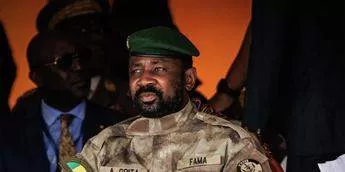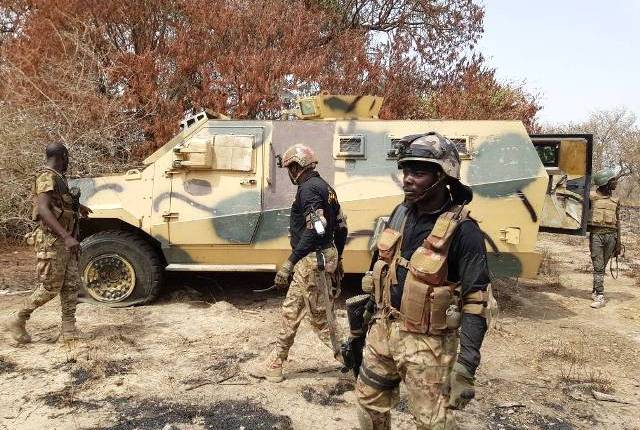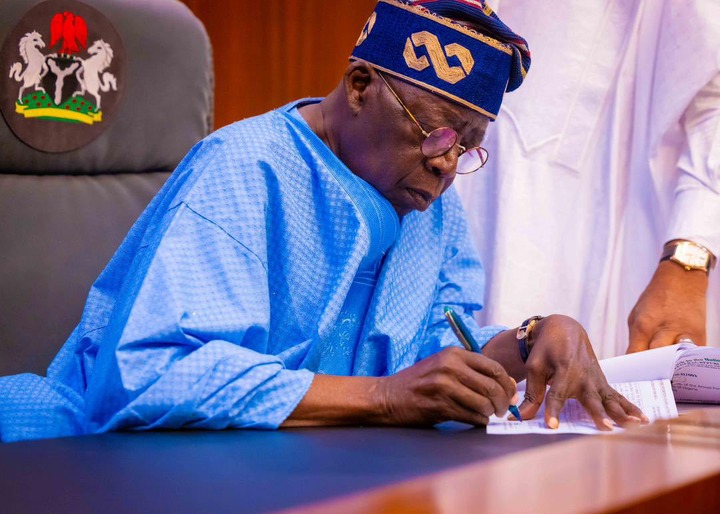Mali’s junta extends hold on power for another three years

Mali’s leadership has proposed postponing democratic elections for three years and extending the tenure of military leader Assimi Goita. This move would allow him to stay in power and potentially run for president in the upcoming election.
Since a coup in 2020, the West African country has been under military rule, and tensions have escalated due to the junta’s failure to adhere to a promised timeline for the restoration of constitutional governance.
After a three-month national consultation, leaders from Mali’s civil society, religious organizations, educational institutions, and government agencies recommended extending the transition period to five years, Bloomberg reported.
Initially set at two years, this extension would postpone the scheduled elections from this year to 2027.
The junta initially suggested an 18-month transition, which was later extended by two years after missing a deadline to conduct elections.
The dialogue proposed initiating discussions with armed groups and incorporating militias into the army.
After the 2020 coup that removed President Ibrahim Boubacar Keita from power, a retired soldier named Bah Ndaw was appointed interim president, with Goita serving as vice president.
Under pressure from International leaders and the U.N. Security Council, the junta agreed to cede power to a civilian-led interim government tasked with overseeing an 18-month transition to democratic elections in February 2022.
Following a clash with the interim president, the junta backed out of the agreement to transition the country back to civilian elections. Goïta staged another coup and remains in power today.
“I urge the transitional bodies to implement the recommendations of the national dialogue,” he said on Friday at the closing ceremony of the national talks in Bamako, the capital.
According to Reuters, mounting insecurity, economic challenges, postponed elections, and recent restrictions on political activities by the authorities have fueled discontent with the junta in certain circles.




